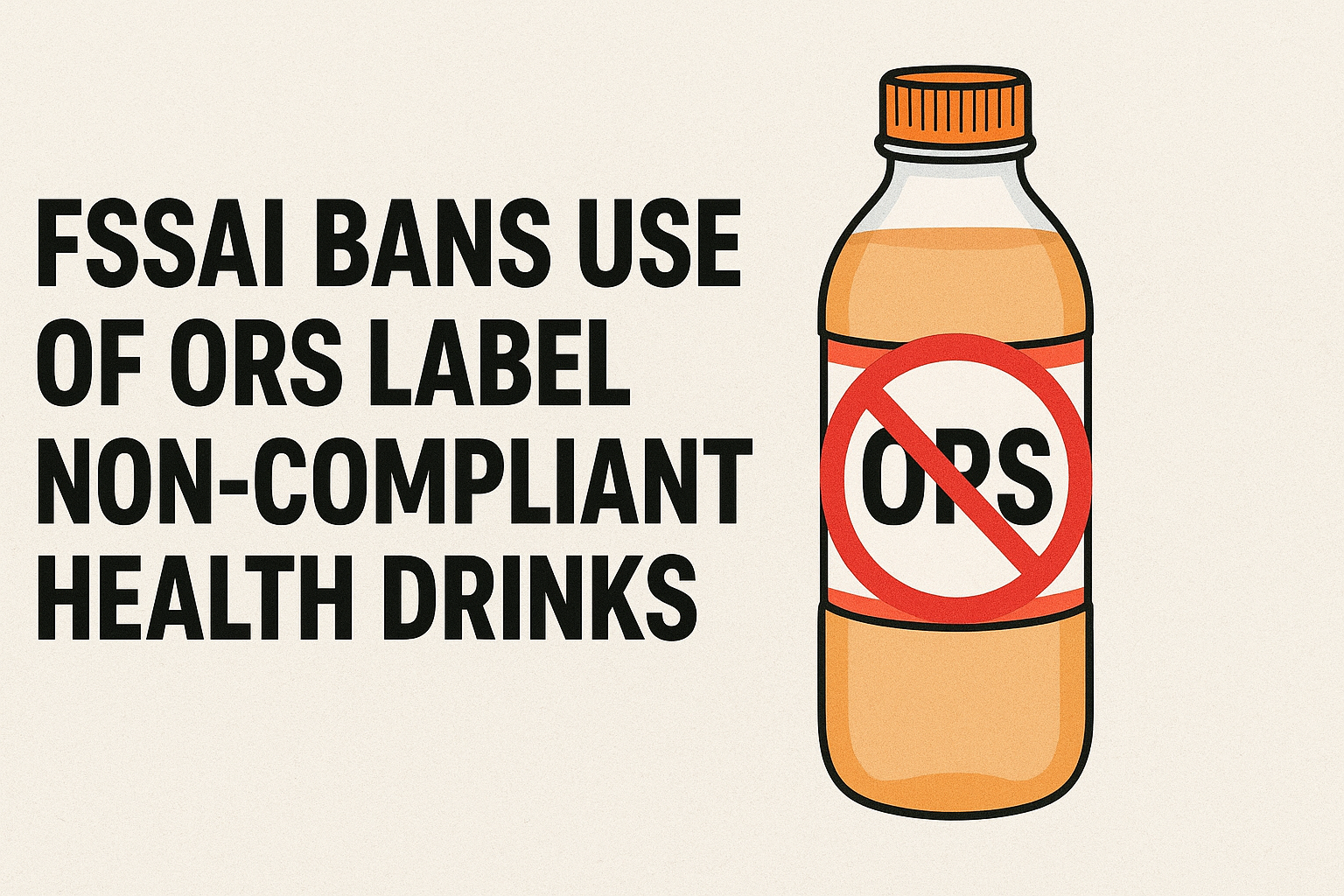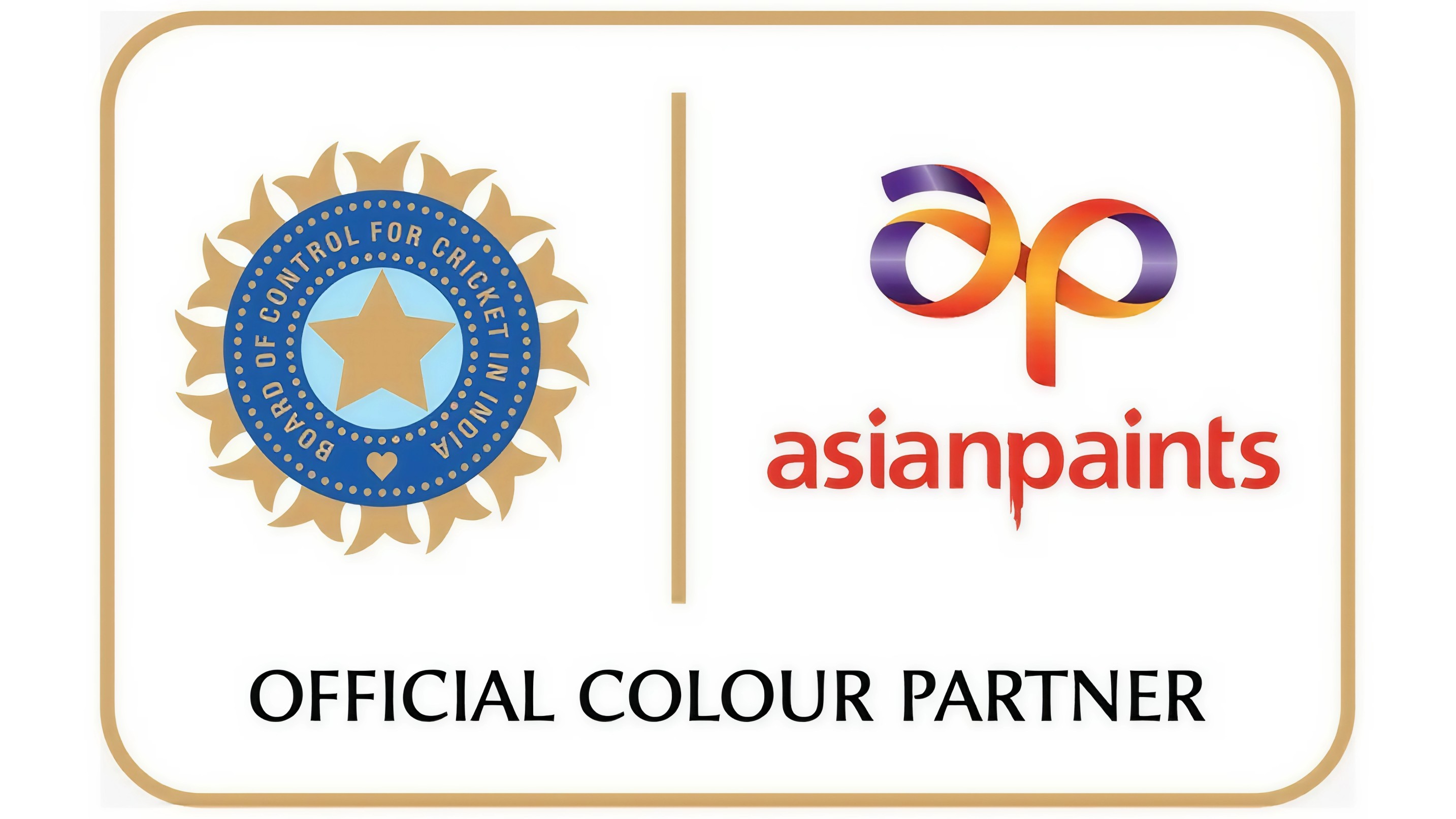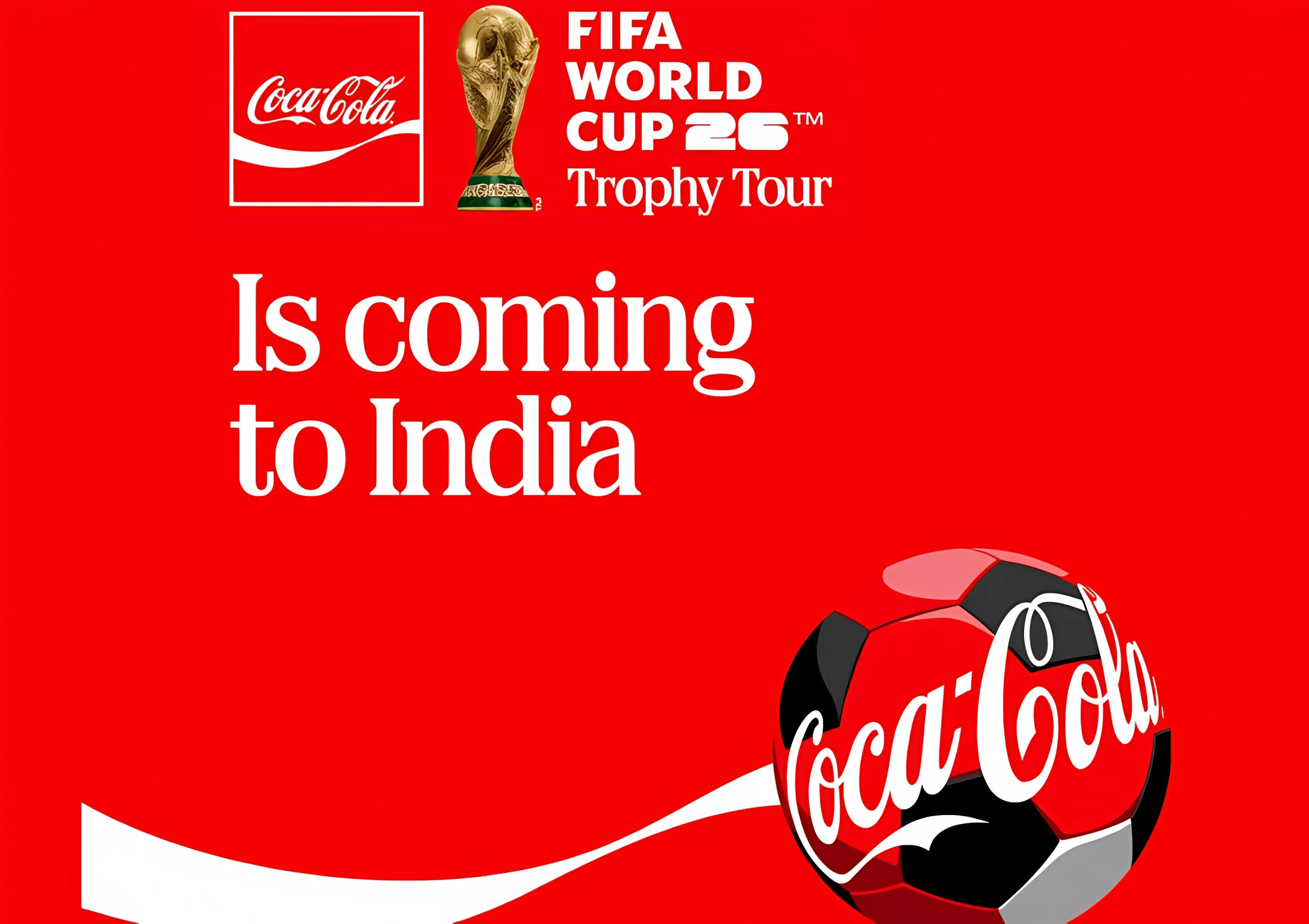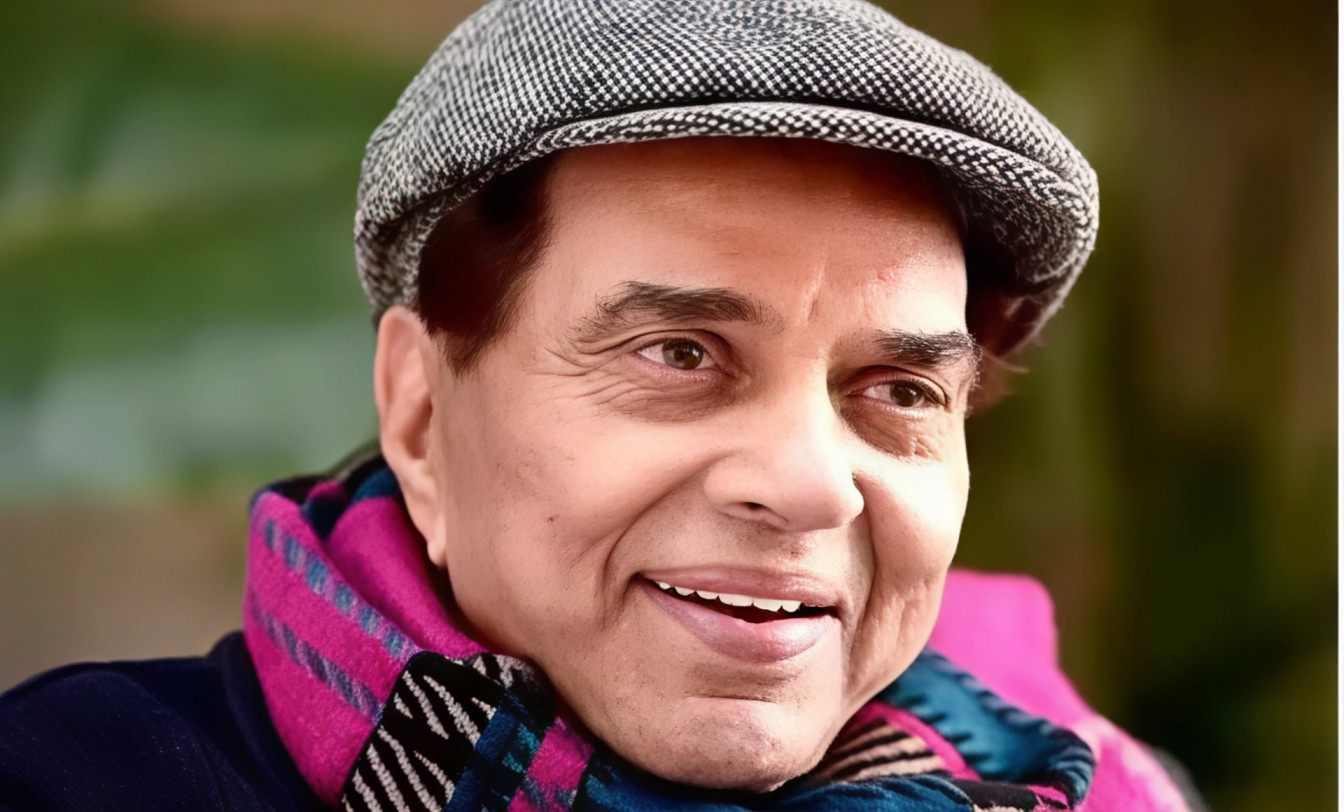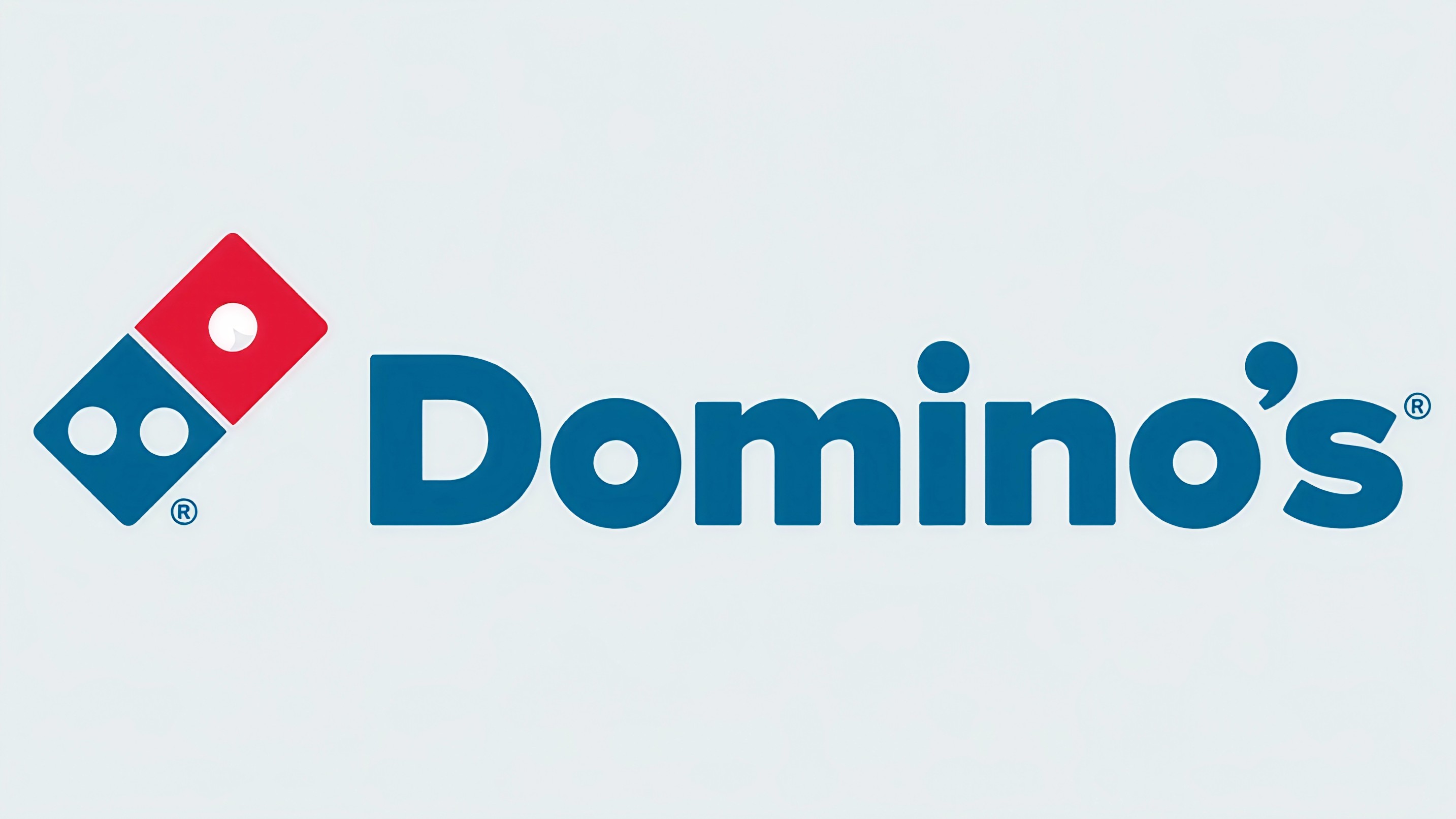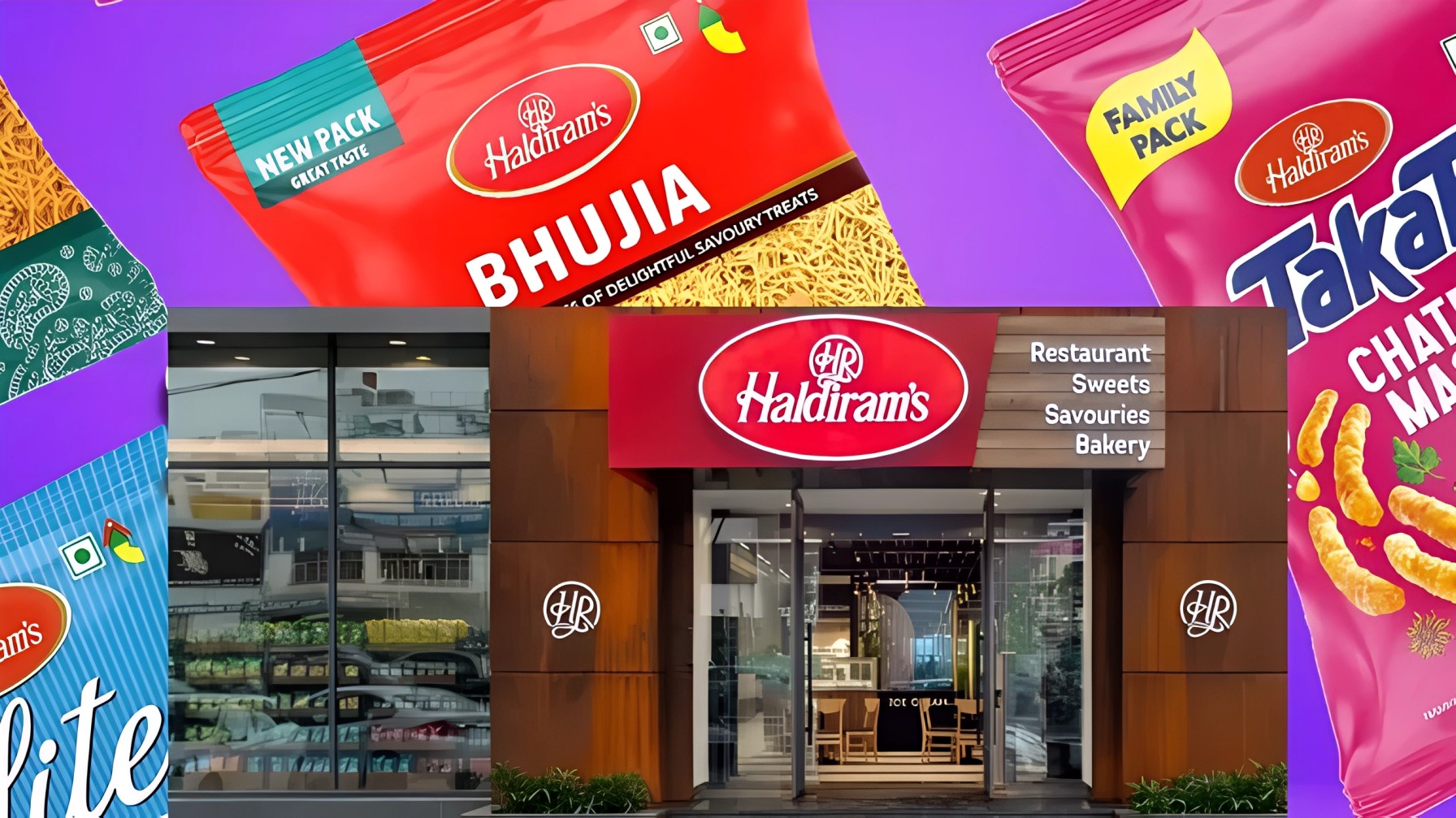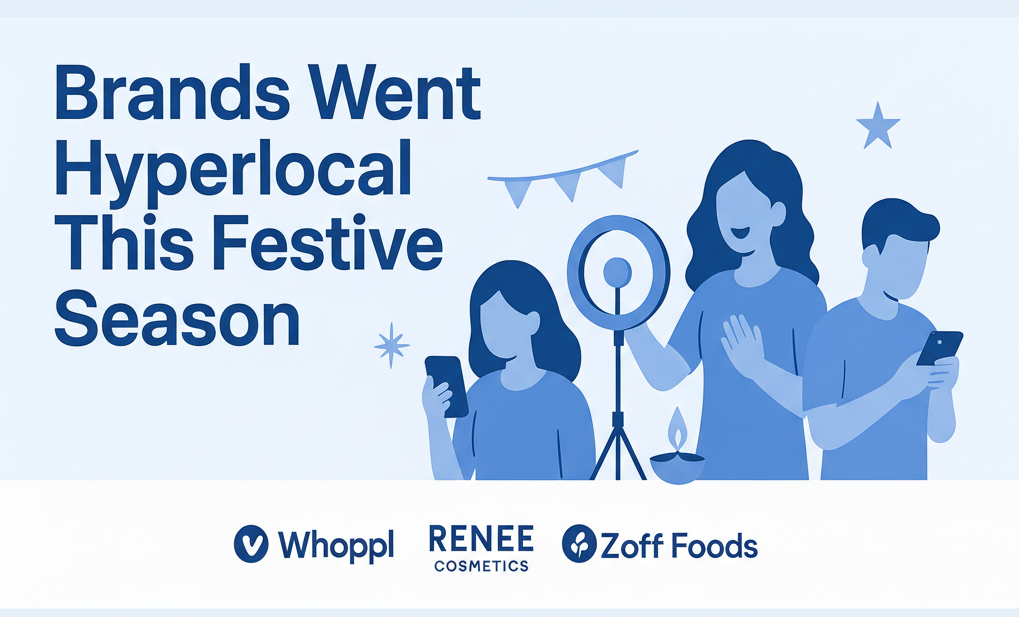In a landmark ruling for consumer protection and public health, the Food Safety and Standards Authority of India (FSSAI) has officially barred beverage and food manufacturers from using the term “Oral Rehydration Salts” or “ORS” on any product that fails to meet World Health Organisation standards.

The move follows years of advocacy by Hyderabad-based pediatrician Dr Sivaranjani Santosh, who led a relentless campaign exposing how several sugar-heavy drinks were being falsely marketed as medically effective ORS formulations.
A Decade-Long Fight for Truth
Dr Santosh’s crusade began almost ten years ago when she noticed misleading advertisements promoting fruit-based and flavored beverages as “ORS drinks.” Concerned about their high sugar content and lack of essential electrolytes, she filed a Public Interest Litigation in the Telangana High Court in 2022.
Her research showed that several of these commercial drinks contained as much as 120 grams of added sugar per litre while failing to meet WHO’s electrolyte and glucose standards. The WHO-approved formula requires 2.6 grams of sodium chloride, 1.5 grams of potassium chloride, 2.9 grams of sodium citrate, and 13.5 grams of dextrose per litre, with an osmolarity of 245 mOsm/L a balance that many so-called “ORS drinks” completely lacked.
ADVERTISEMENT
FSSAI’s Regulatory Clampdown
Responding to growing evidence, FSSAI issued an official order on October 14, directing all companies to immediately stop using the word “ORS” in their brand names or product labels unless their formulations strictly comply with WHO’s prescribed standards.

The regulator also withdrew previous circulars from July 2022 and February 2024 that had permitted the use of “ORS” with disclaimers such as “Not an ORS formula as recommended by WHO.” The new order leaves no room for ambiguity, clarifying that any product labeled “ORS” without full compliance would now be considered misleading and in violation of the Food Safety and Standards Act, 2006.
A Win for Consumer Awareness
FSSAI emphasized that false and deceptive branding of sugary beverages as ORS misleads consumers and poses health risks, especially for children. The authority directed all food business operators to remove the word “ORS” from their trademarks, labels, and advertisements.
Dr Santosh hailed the order as a victory for public health, calling it “a war fought for eight years, three years of legal battles, and countless moments of perseverance.” She credited doctors, lawyers, parents, and influencers who stood by her, saying the success belonged to “people’s power.”
ADVERTISEMENT
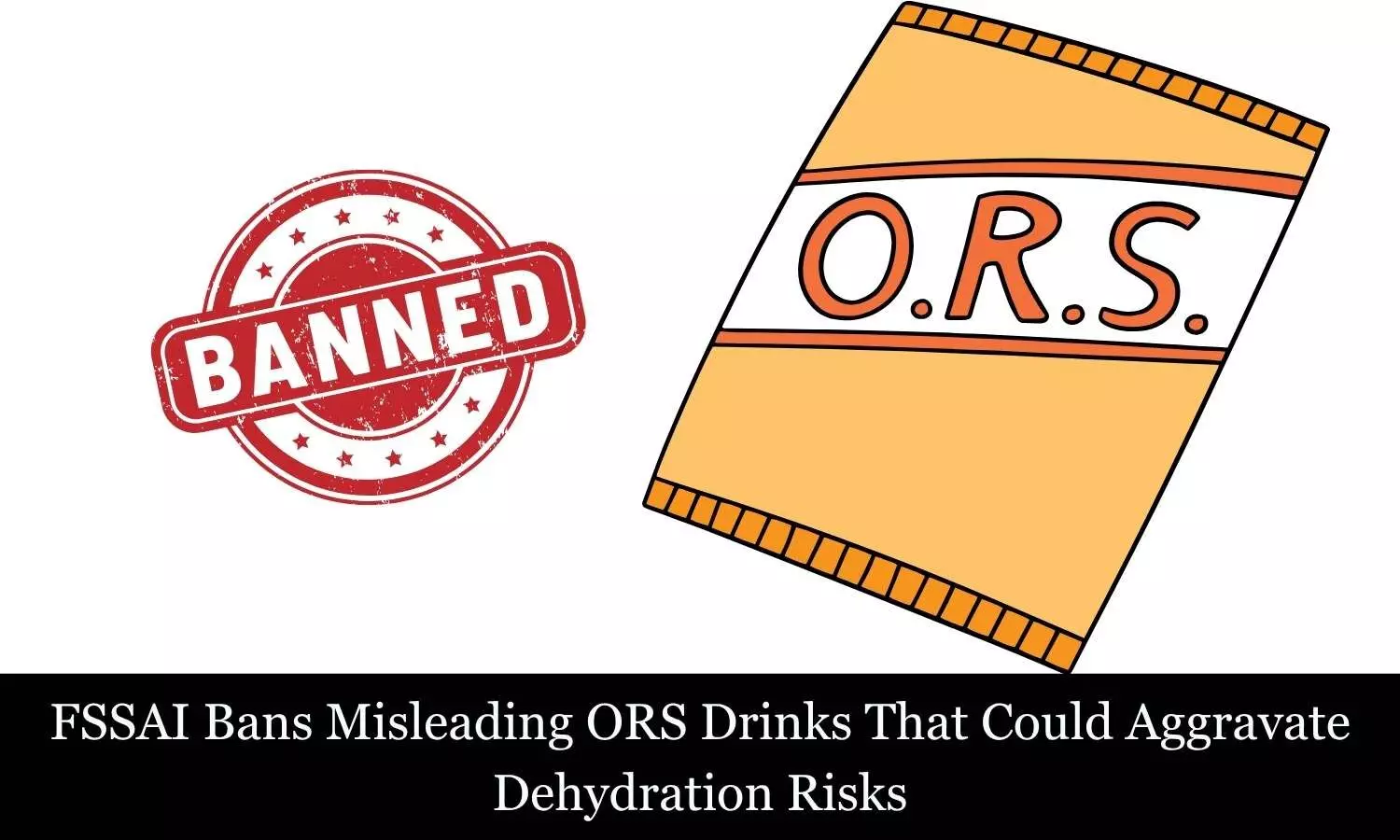
Why This Matters
The decision marks a turning point in India’s regulatory approach toward misleading wellness claims in the food and beverage sector. It sends a clear message to companies that health-related branding cannot override scientific standards. The ruling also raises awareness among consumers about the need to check product labels carefully before purchasing hydration or energy drinks marketed under medical terms.
As India’s health-conscious market continues to expand, this landmark ban is expected to shape stricter compliance practices and encourage more transparent labeling across the wellness industry.
Follow Marketing Moves on Instagram and Facebook for more updates on brand regulations, health marketing, and industry-changing decisions shaping the consumer landscape.

